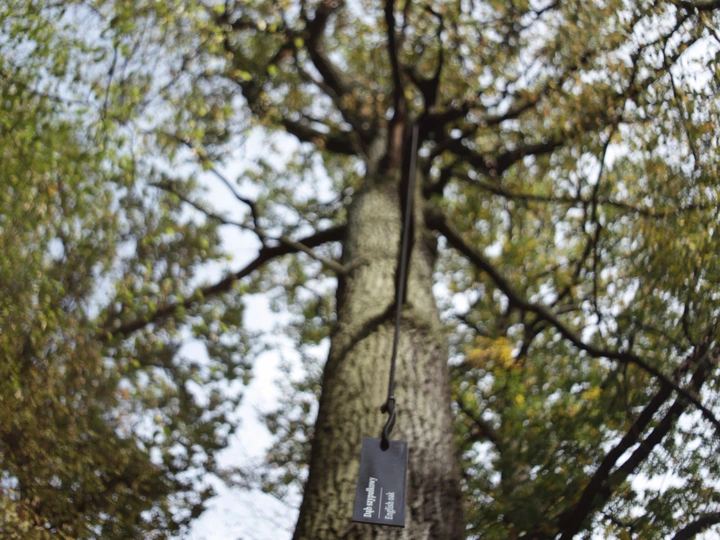Iława Forest - Rethinking Landscape Ethics

Paulina Kalska
Emilia Piłat
Marta Przygoda
Paulina Rduch
Jadwiga Ryczek
Lucyna Rydel
Marta Tomasiak
Founded in 2015 in Warsaw by Marta Tomasiak, Landscape Practice has grown into a dynamic, cross-disciplinary studio with offices in Warsaw and Paris. Our team brings together expertise from landscape architecture, urban design, ecology, and fine arts. This diversity fuels our holistic approach, enabling us to create projects that are deeply connected to both human and environmental contexts.
At the core of our practice is a commitment to uncover and nurture the unique stories inherent in every landscape. We develop these stories with sensitivity and rigor, allowing our designs to grow organically alongside their surroundings. Our work strives to foster a closer relationship between people and nature, while simultaneously supporting healthier, more resilient ecosystems. We see ourselves as part of the landscape in movement — constantly evolving, attentive, and responsive.
Our recent work demonstrates the application of these values in diverse urban contexts:
- The Central Square in Warsaw, revitalizing a major civic space to enhance urban nature and social life
- Castle Courtyard in Poznań, blending heritage conservation with ecological sensitivity
- Outdoor areas of Towarowa 22 in Warsaw, crafting resilient green spaces within a dynamic urban development
With more than 110 projects across nine countries, Landscape Practice champions ecological care, layered storytelling, and interdisciplinary collaboration. We focus on respecting natural rhythms and unlocking the potential of often overlooked urban spaces—embracing complexity and fostering regeneration for a more balanced coexistence between people and the environment.
The Iława Forest project is a critical reflection on the ethics of intervention within landscape architecture. Working with a neglected fragment of oak–hornbeam woodland, we confronted a central question: how can design move beyond superficial greening to genuinely strengthen ecosystems? This inquiry challenges the common practice of greenwashing—projects that prioritize appearance while masking ongoing ecological damage.
In Iława Forest, our work extended far beyond drawing paths. Through close collaboration with the city council, we were able to renegotiate the brief: shifting the forest’s designation from productive to natural, introducing an ecological vision and strict guidelines for how the construction site was run—including halting work during the bird nesting period. These negotiations became an educational part of the project, showing how designers can act as mediators between ecological knowledge, governance and public expectations.
On site, we chose to intervene lightly and intentionally. Paths guide visitors away from vulnerable habitats, fallen wood is left to nourish soils, and the forest’s natural rhythms were respected rather than controlled. These minimal interventions reflect an ethical commitment to support rather than dominate the living system. We discovered that doing less often enables more: resilience, biodiversity and deeper human connection.
Iława Forest has become a manifesto for an ethical landscape architecture—grounded in natural succession, respect for decay, and coexistence with non-human life. It calls for a shift in the role of landscape architects: from creators of controlled environments to caretakers of dynamic, complex systems. This ethical framework can adapt to diverse contexts, fostering designs that repair and regenerate.
Through this lens, landscape architecture becomes a practice capable of addressing the environmental crisis and nurturing spatial cultures that honour and protect the more-than-human world.